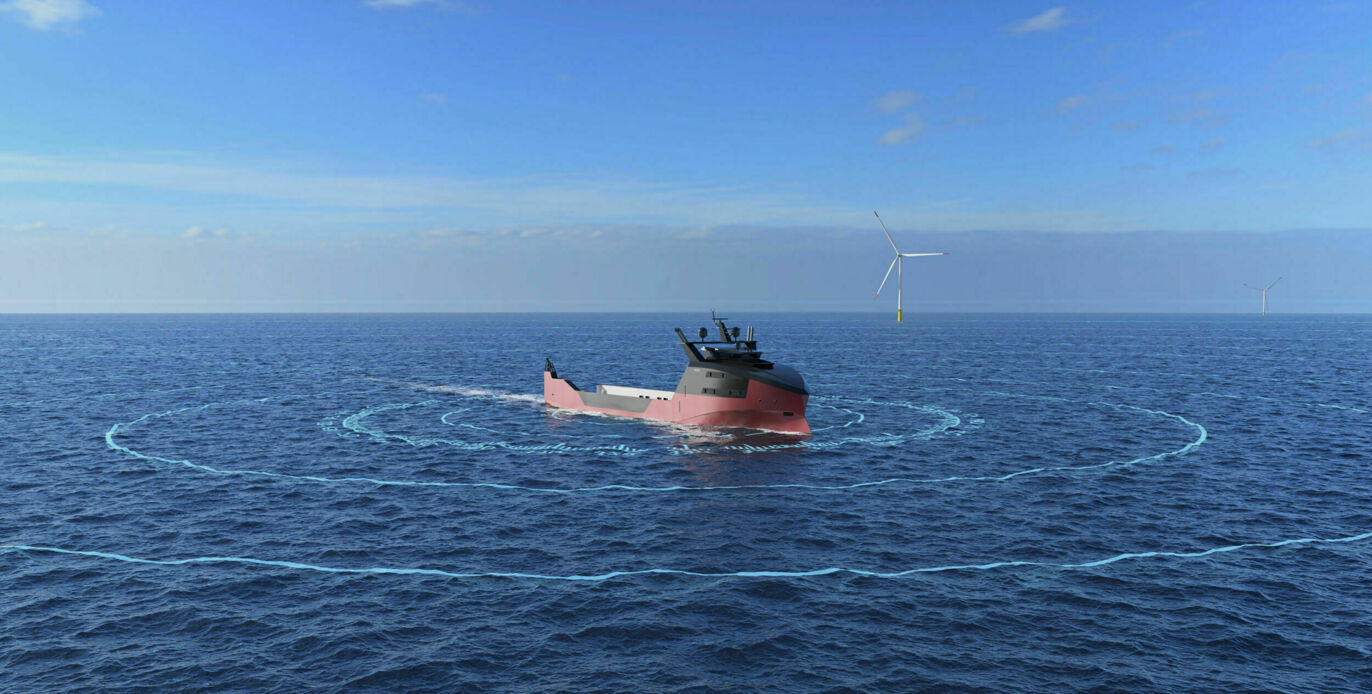
The new product, which will see its debut delivery on a total of 14 newbuild marine robotic vessels contracted with shipbuilder VARD, is designed to unify the SeaQ suite of automation systems into a single user interface with the full range of remote functionality from shore.
Going beyond automated navigation and other IT systems on the bridge, SeaQ Remote extends smart data-driven functionality to operational technology (OT) in the vessel hull as it enables remote operation of existing machinery systems such as engines, propellers and thrusters.
Such machinery is connected by sensors that can stream real-time data via the cloud to an onshore control center. Merged data from these sensors on a unified user interface provides a smarter way to gain an enhanced awareness of the status of onboard systems.
Constant surveillance of OT systems using sensors also enables data-driven management of vessel operations with a fleet-wide overview from a centralized location to optimize overall operations, while cybersecurity safeguards are maintained to prevent system intrusion.
For example, this allows fuel consumption monitoring to cut costs and emissions; condition monitoring for preventive maintenance on vital systems, thereby reducing vessel downtime and improving safety; and automation of key tasks such as reporting to lessen the crew workload.
In a further advance on existing remote technology, SeaQ Remote also supports a remote deck machinery interface to facilitate some deck operations in support of reduced manning and enhanced safety onboard.
This is being demonstrated on the newbuilds being constructed by VARD that will have battery technology installed and will also be prepared for hybrid fuel cells. These marine robotic vessels will be operated from shore, making them among the first DP2 vessels capable of remote operation worldwide.
They will feature the full range of SeaQ solutions and equipment required for remote operations, with an advanced software and extended hardware platform that unifies control of all onboard equipment to efficiently manage remote operations.
Vard Electro is a provider of marine electrical systems with a strong focus on innovative and sustainable solutions. The company provides advice in close cooperation with the customer in order to develop cost-effective and environment-friendly systems designed to optimize operational performance. Vard Electro works with all established brands in the market to offer smart user-friendly solutions with a high degree of flexibility and reliability, supported by efficient service throughout a vessel’s lifetime.
The SeaQ portfolio consists of a wide range of high-quality products developed by Vard Electro and includes a complete set of solutions for power management, propulsion, automation, navigation, and communication. Every SeaQ solution can be delivered as a standalone unit or as part of a larger integrated package
VARD is one of the major global designers and shipbuilders of specialized vessels. Headquartered in Norway and with approximately 8,200 employees, VARD operates shipbuilding facilities in Norway, Romania, Brazil and Vietnam. Through its specialized subsidiaries, VARD develops power and automation systems, deck handling equipment, and vessel accommodation solutions, and provides design and engineering services to the global maritime industry.
The majority shareholder of VARD is Fincantieri Oil & Gas S.p.A., a wholly owned subsidiary of FINCANTIERI S.p.A. Headquartered in Trieste, Italy. FINCANTIERI is one of the world’s largest shipbuilding groups, and a global leader in cruise ship design and reference player in all high-tech shipbuilding industry sectors. With over 230 years of history and more than 7,000 ships built, the Group today has a production network of 18 shipyards operating in four continents and over 20,000 employees.



